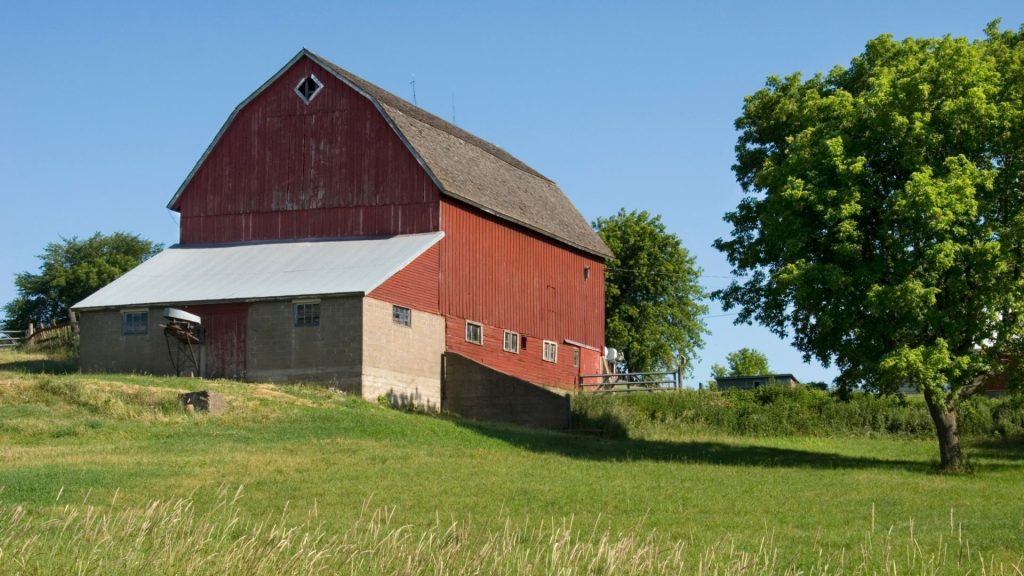With support from the USDA Natural Resources Conservation Service, Wisconsin’s Green Fire (WGF) and Clean Wisconsin are launching a two-year project to assess feasibility and design a new model for farm incentive programs.
While Wisconsin farmers have a long tradition as committed conservationists, WGF and our partners at Clean Wisconsin have long known that the combination of market realities and the current structure of government farm incentive programs too often results in failure to protect water quality in farm country. Contamination of water supplies from phosphorus, nitrates, and bacteria still threaten human health and the environment—a problem that affects an increasing number of rural residents in Wisconsin and surrounding regions. We strongly believe that farmers want to do better, and that more positive outcomes are possible if we reassess our investments in farm conservation through voluntary efforts.
Instead of the current system that primarily funds specific farm conservation practices, we’ll be designing and testing a model for incentives tied directly to measurable water quality improvements and other environmental outcomes—exactly the public benefits that should be our return on taxpayer investment. Our study will assess the details of program design, assess appropriate environmental metrics, test financial assumptions, and identify watersheds in which such a system could be piloted in Wisconsin.
The project will be co-led by Fred Clark, Wisconsin’s Green Fire Executive Director, and Sara Walling, Clean Wisconsin’s Water and Agriculture Program Director. Members of WGF’s farm conservation workgroup Paul LaLiberte, Jim Baumann, Jim Matson, and other WGF member experts in farm conservation will also provide project guidance.
Fred Clark of Wisconsin’s Green Fire said, “Our members have been working for several years to help imagine better ways to use our investments that support farmers and farm conservation. We believe this is a powerful idea whose time has arrived, and we’re excited to be launching a significant effort to test these ideas at scale.”
Sara Walling of Clean Wisconsin added, “Through this work we’ll have a chance to bring together key stakeholders who can help us re-envision farm conservation in Wisconsin. The learning generated by this work will bring multiple benefits, and the relationships we’ll build will help create the foundation to make these ideas a reality.”
We believe that by structuring public incentives more effectively around outcomes instead of practices, farm producers will have more freedom to innovate and adopt new systems, helping farmers diversify farming and land cover while providing multiple environmental benefits.
As the project launches, we’ll be bringing on dedicated staff and a larger team of stakeholders to help develop and refine our ideas and envision new ways of supporting farmers while conserving working lands and our state’s most precious resource—clean water.

